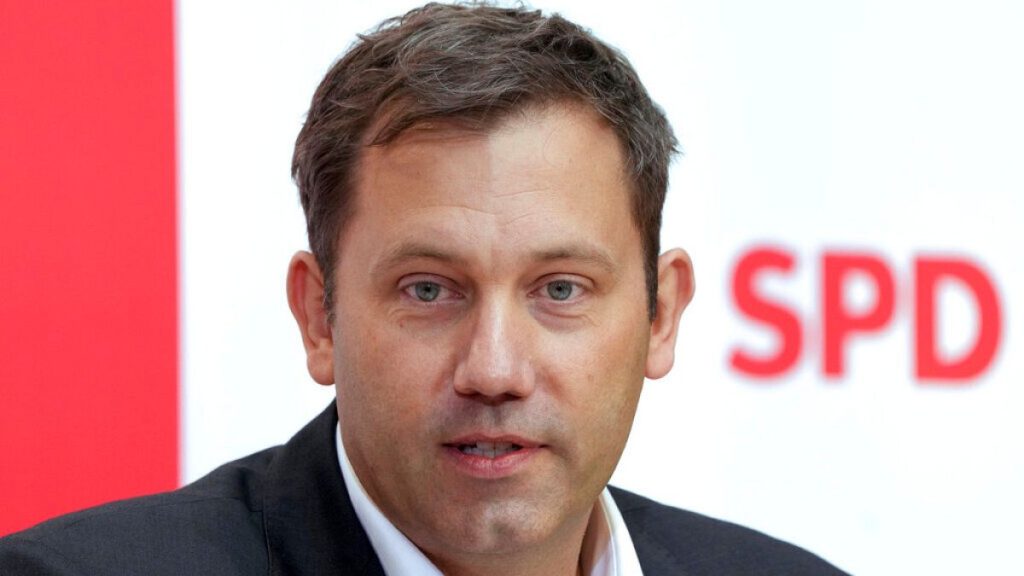Elon Musk’s foray into German politics, marked by his vocal endorsement of the far-right Alternative for Germany (AfD) party weeks before the snap federal elections, has sparked a firestorm of criticism and accusations of election interference. His actions, amplified through his social media platform X (formerly Twitter), have drawn comparisons to Russian interference, with leading German politicians denouncing his support for a party widely viewed as extremist and a threat to democracy. Musk’s justification for his endorsement, citing AfD leader Alice Weidel’s same-sex partnership as evidence against the party’s extremist label, has been met with derision, given the party’s documented history of opposing LGBTQ+ rights.
The controversy deepened with Musk’s op-ed in the German newspaper Welt am Sonntag, where he doubled down on his support for the AfD. This intervention prompted the resignation of the paper’s opinion editor in protest, and leading figures across the German political spectrum condemned Musk’s actions as inappropriate and potentially damaging to the democratic process. Leading members of the Social Democratic Party (SPD) likened Musk’s interference to that of Vladimir Putin, highlighting their shared aim of destabilizing Germany and bolstering anti-democratic forces. Concerns were raised about the power of large internet platforms and the potential for billionaires like Musk to leverage their influence to manipulate political outcomes on a global scale.
The AfD’s classification as a suspected extremist organization by German intelligence agencies, along with its documented links to banned extremist movements and its promotion of policies like “remigration”—a euphemism for mass deportations—underscores the gravity of Musk’s endorsement. While Musk has presented the AfD as a solution to Germany’s perceived economic stagnation and erosion of national identity, critics argue that his simplistic portrayal ignores the party’s dangerous and divisive rhetoric. The AfD’s pursuit of policies such as leaving the European Union, which would severely harm Germany’s economy, further contradicts Musk’s claims.
Musk’s intervention has not been limited to Germany. He has also engaged with the far-right Reform UK party in the United Kingdom, sparking speculation about potential financial support. This pattern of aligning with radical right-wing parties raises concerns about Musk’s broader political agenda and his willingness to support movements that threaten democratic norms and values. His actions have drawn comparisons to those of other tech billionaires accused of using their wealth and platforms to amplify extremist voices and undermine democratic processes.
The implications of Musk’s actions extend beyond the immediate impact on German elections. They raise broader questions about the role of tech billionaires in shaping political discourse and the potential for their influence to be used to promote divisive and extremist ideologies. The calls for greater regulation of online platforms and the need to counter the spread of disinformation highlight the challenges posed by the increasing power of tech giants in the political sphere. The response from German political leaders and civil society underscores the determination to resist attempts to undermine democratic processes and protect the integrity of elections.
This episode highlights the growing concern over the intersection of wealth, technology, and politics. Musk’s actions serve as a stark reminder of the potential for powerful individuals to use their resources to amplify fringe voices and disrupt established political systems. The backlash against his intervention in Germany, however, demonstrates the resilience of democratic institutions and the determination to safeguard against undue influence from external actors, regardless of their wealth or platform. The ongoing debate about the regulation of online platforms and the need to counter disinformation reflects the broader struggle to maintain a healthy and vibrant democracy in the digital age.

